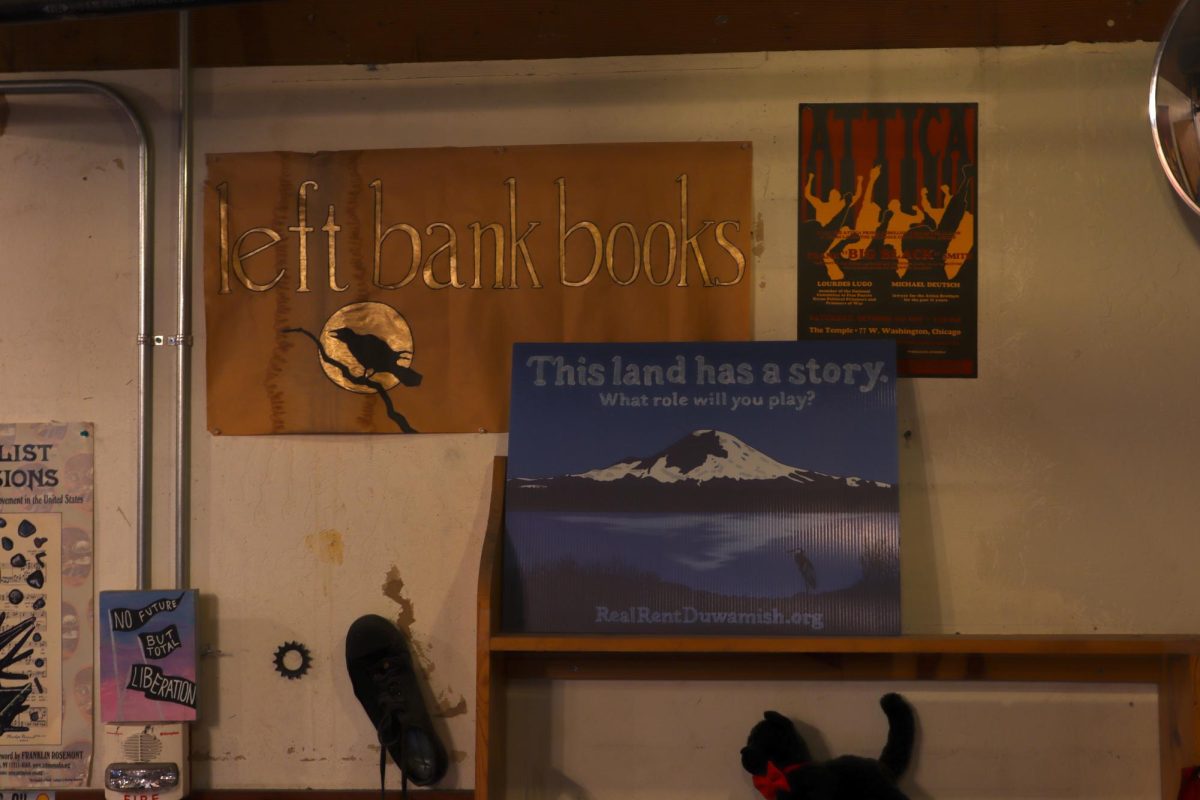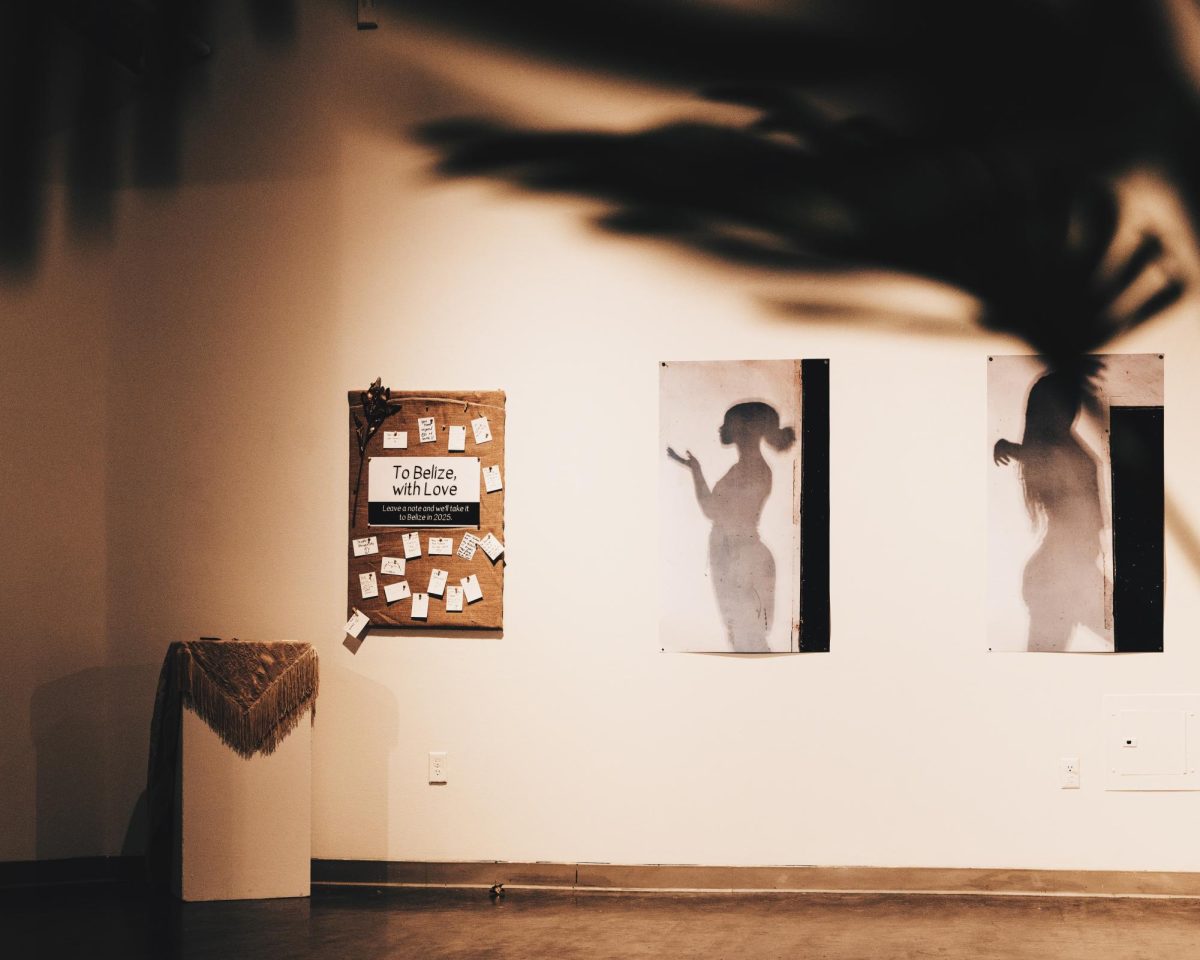The Seattle South Asian Film Festival returns for its 11th year this Friday at the Seattle Art Museum, and with 45 films over the span of 11 days, it is the largest South Asian film festival in the country. This year’s focus will be on Bangladeshi films and subjects, but will also feature films from other countries like Afghanistan, India, Pakistan and Sri Lanka.
“The South Asian Film Festival tries to give a cinematic journey through South Asia,” said Madhuri Kudaravalli, co-director of the festival. “If you are into film, you will enjoy this.”
Kudaravalli explained that the festival is meant to illustrate social issues faced by the countries of South Asia, with a focus on human rights as well as social, economic and political disparities. The South Asian Film Festival not only highlights resemblances in the challenges faced in individual South Asian countries, but also resemblances to the challenges we face here in the states.
Every year, the committee behind the festival chooses to focus on a different country and a different set of themes in order to present a view that is well-rounded and different with each year. One of the main elements characterizing the films of this year is the portrayal LGBTQ culture and the challenges this community faces in South Asian countries.
Kudaravalli added that one of the goals behind this year’s films was to tackle and embrace subjects that are commonly seen as cultural taboos. The submissions were chosen in part for their ability to issue questions that often go unasked and make audiences consider why certain subjects have a stigma in the first place.
“I think that it’s important to have these film festivals because it’s an easy way to get the community aware of the different concerns like LBGTQ rights, trafficking, and war that are going on in other parts of the world, more specifically in South Asian Countries,” said Arunima Roy, co-president of Seattle U’s South Asian Student Association.
Among the common subjects seen in these films is the portrayal of youth culture, which is seen in elements such as casting or through narratives of nostalgia or coming of age. This common focus makes many of the festival movies relevant to our student audiences and provides a link with which to relate them.
Another thread that ties these films together is their focus on portraying the everyday realities faced by the people of South Asian countries. The festival presents films that are true to life but also portray a reality that might be widely different from that of the viewer. Kudaravalli said that the films are meant to present a wide range of lifestyles and living conditions within these countries that are often ignored or forgotten. As an example, she referred to the portrayal of professions like gutter cleaners as a testament to working conditions those in more industrialized countries do not stop to consider.
It can be said that one of the main purposes of having this type of festival in a place like Seattle is to raise awareness of issues affecting other parts of the world. Not only does it help give perspective, but it also creates a sense of solidarity with seemingly distant people and cultures.
“They shed light on social issues of South Asian communities, which are underrepresented here,” said Isheeta Tewari, co-president of the South Asian Student Association, in reference to film festivals like the SSAFF.
Despite the serious presentation and subject matter seen in many of these films, Kudaravalli argues that as a whole, the festival is more grounded in uplifting recognition than somber contemplation. Though there is certainly a practical and educational purpose served by the SSAFF, it is also meant to entertain and bring enjoyment to its audiences. The entries for this year are represented by the slogan “Love wins,” which underlines the hopeful message at the heart of all of these films.
“We wanted to get an uplifting theme to make people celebrate,” Kudaravalli said.
The SSAFF will continue until Sunday, Oct. 24. For information on the films,, as well as the dates and locations of their screening, visit ssaff.tasveer.org/2016/. In addition to providing information and links for purchasing tickets, the website also offers a useful “Staff Picks” section, in which attendees can find the films the best match their interests.
Carlos may be reached at
[email protected]











